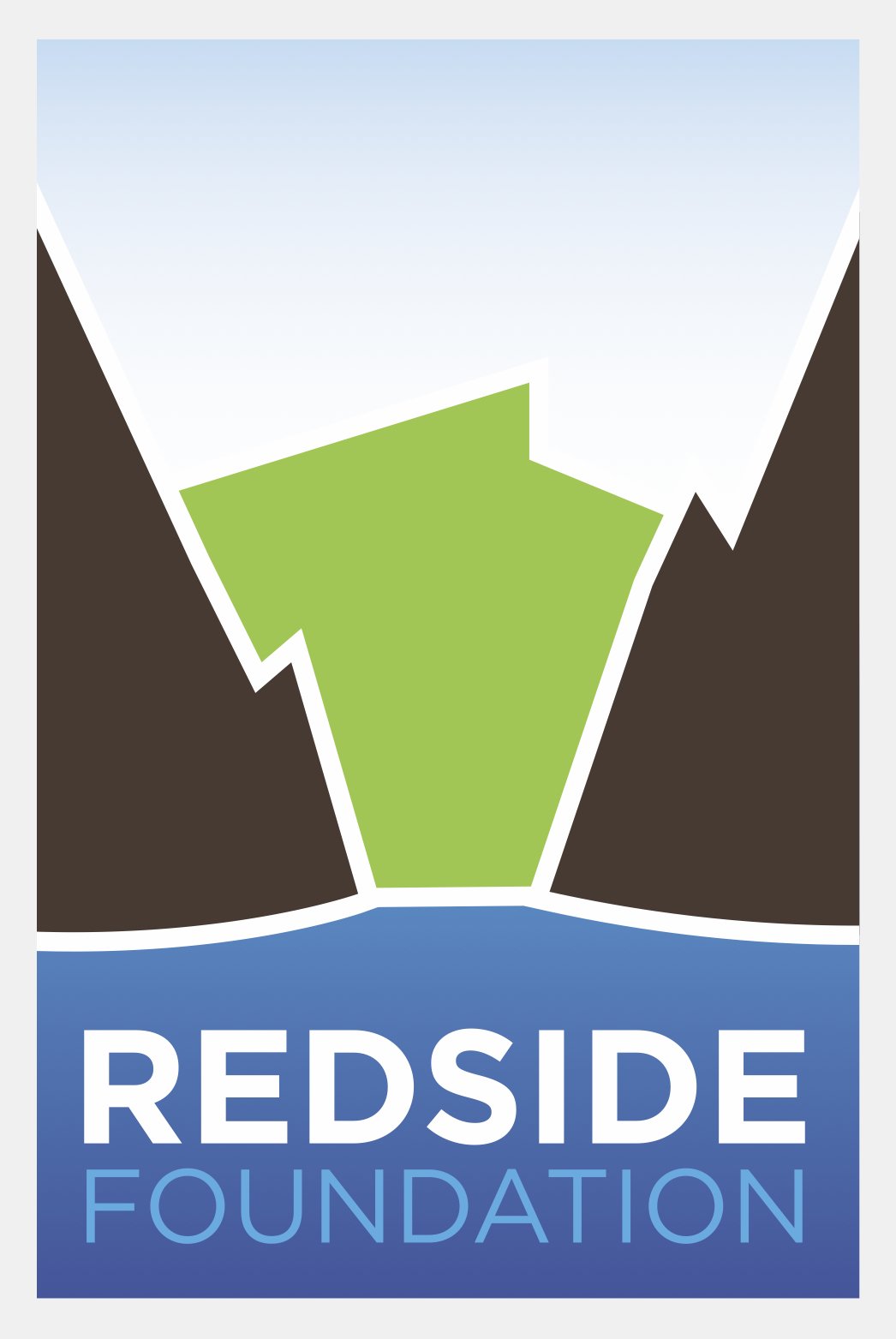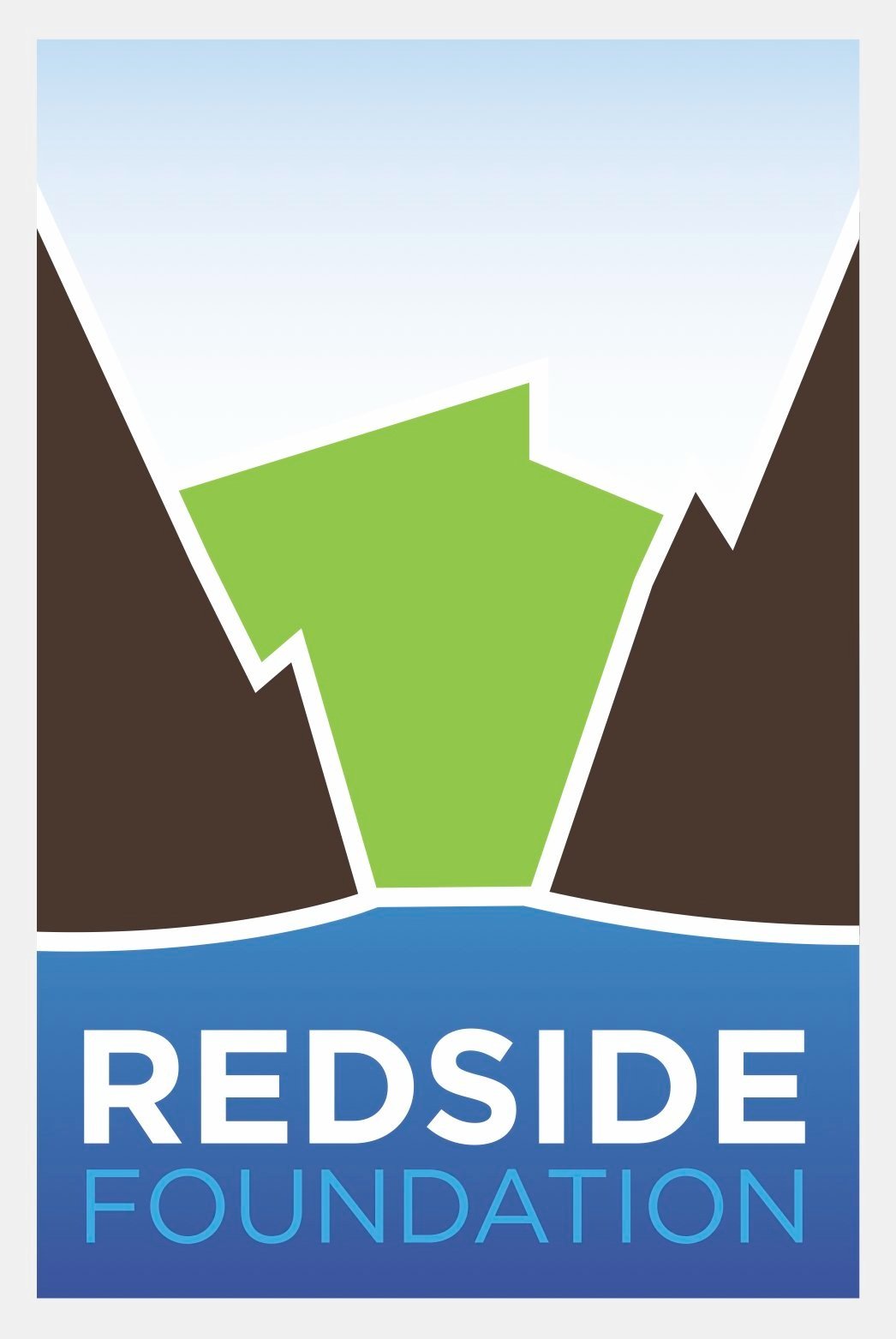AVOIDING SEXUAL HARASSMENT IN OUR RIVER WORKPLACE
By: Lenore Perconti
Way back in February, I heard on the radio a short news blurb about sexual harassment complaints against members of the National Park Service boat patrol in Grand Canyon National Park. Although not commercial river guides per se, I still couldn’t believe it--river running professionals on NPR? I didn’t waste any time finding out more. Sure enough, there it was, the Investigative Report of Misconduct at the Grand Canyon River District, and the national scale media attention this had already generated.
The report details the findings of a federal investigation into sexual harassment complaints
against the Grand Canyon National Park’s River Program. Interviews and investigations found ten to fifteen years of incidents and a pervasive culture of sexual discrimination and harassment. I won’t summarize it here because you have probably already heard of it. If not, a quick Google search will generate a host of popular news articles that will refresh your memory (and see link to official report above).
Given the often typical "locker room" culture among river guides, it doesn’t take any great mental gymnastics to imagine the situations outlined in the report becoming a reality in our own world. Since February the commercial river community has been forced to face the unfortunate reality that river guides can engage in or be subject to sexual harassment.
Often times, we as guides become caught up in the illusion of isolation. We work in deep canyons and in the far reaches of the wilderness, away from the ‘civilized’ world. Whether consciously or unconsciously, we allow ourselves to think this remoteness implies we are not subject to the same state and federal laws that govern office workers in cubicles. At one time or another, we are all likely guilty of thinking that our work culture is special: that if a guide can’t handle a little sexualized banter every once and a while, then they should find another job. But obviously for the NPS River District employees, what happened on the river did not stay on the river. We should learn from this incident as a cautionary tale of how not to let the little things slide trip after trip, year after year.
View fullsize
So just how do river guides prevent sexual harassment at their workplace? You may be thinking to yourself, “I don’t want this to happen to me.” The good news is there are steps you can take to protect yourself as a guide and employee, and you don't have to get a law degree to understand what sexual harassment is. There are a few easy things to keep in mind that will help you discern whether something is sexual harassment or not.
Whether you are reflecting on your river season or already looking forward to next summer, here is what you need to know going forward:
Sexual harassment is any conduct of a sexual nature that implicitly or explicitly affects the workplace. If someone’s ability to do their job is affected, the behavior can be considered harassment.
A person’s gender is a protected class. Back in the 1960’s, the Civil Rights Act was established, which guarantees individuals protection from discrimination in the workplace.
Sexual harassment is a form of gender discrimination, just like harassment based on skin color is racial discrimination. Start to think of sex and race as interchangeable. The law treats both situations as discrimination against a protected class.
Perception matters, not intent. If someone finds the actions offensive, it can be considered harassment. An example of perception vs intention from the GC investigation is the boatman who claimed that he only made sexual advances on women when he “sensed a mutual attraction.” Even though this boatman intended for his actions to be non offensive, his actions were perceived as hostile.
To determining if an action is harassment, it has to meet one or more of these three criteria:
1) pervasive, meaning the behavior is picked up and continued by other guides or co-workers and that offensive action now becomes a part of the culture;
2) severe, meaning the behavior is considered severe by a reasonable person (think:
jury); or
3) contributes to a hostile work environment, meaning one action may lead to an isolating or discriminatory culture in that workplace.
Harassment doesn’t have to occur on the river or at the warehouse. If it affects the workplace, it can be considered sexual harassment. The classic example is when a guide or company employee makes unwanted advances towards a co-worker at a bar after a trip.
Sexual Harassment can occur between two people not romantically involved. Two examples: A guide feels that the sexualized images of women taped to the inside of the kitchen box creates a hostile work environment. A guide feels that their employer isn’t doing enough to protect him or her from being sexually objectified by clients.
You are protected from sexual harassment that comes from clients, too. Your employer is legally obliged to do everything within their power to prevent their employees from being discriminated against or harassed at the workplace. No, it is not a part of your job to be subject to sexual harassment from clients.
Victims of sexual harassment are not legally obliged to confront their offender. One
common reaction I hear from guides is, “No one said anything, so what’s the problem?” The law is designed to protect the victim, and for good reason. In a perfect world, we will all be up front and honest with each other and be comfortable in saying to our co-workers, “Hey, I’m not OK with that. Please stop.” But there are almost always other factors getting in the way of speaking up. Maybe a new guide feels if they say something they won’t be accepted into the group. Maybe a guide is worried they won’t get scheduled for as many trips as they want if they object to offensive behavior by a Trip Leader. The take-away here is don’t assume everyone is OK with someone’s actions just because no one is speaking up.
View fullsize
The Sexual Harassment Litmus Test:
Here are three simple questions you can apply to any situation you may encounter this summer or winter. If you can answer yes to any of these three questions, then what you are witnessing, experiencing, or participating in could be considered sexual harassment:
1) Is his/her ability to do their job affected?
2) Is enduring this a condition of anyone’s job?
3) If this continues, can it be considered a hostile environment?
Before you start next season or even your winter job, find out what your company’s sexual harassment policy is and what resources are available to you as a guide. Does your company clearly outline it’s expectations? Who should you talk to if you have a concern or complaint? Does your company have a policy regarding romantic relationships? Answering these questions will help you handle situations as they arise.
Finally, support is key. Being supportive of your fellow guides by having considerate and constructive discussions about the workplace environment. Having these conversations will strengthen the team and improve the trips. Being comfortable saying, “This isn’t OK right now” or “I don’t feel comfortable with this” can help stop offensive behavior before it becomes a big deal. Be supportive of your team when they bring up their discomforts and help coach other guides compassionately about what is and isn’t appropriate. In the end, the power is with us, as a community of guides, to create a culture that does not allow incidents like those in Grand Canyon River District to affect our companies, our crews, and our rivers.
View fullsize
About the author:
Lenore Perconti has been a river guide with ROW Adventures since 2008. Starting as an 18 year old swamper in Hells Canyon who knew nothing about multi-day river trips, Lenore quickly fell in love with river life. She learned to guide rafts on the Moyie, St. Joe and Clark Fork Rivers. She has since worked as a guide on the Middle Fork of the Salmon, Lower Salmon, Snake River through Hells Canyon, and Upper Missouri Rivers. For the past three years, Lenore has worked mainly on the Rogue River in Oregon, but gets her Idaho fix every year with ROW or on private trips. During the 2013/2014 winter season, she discovered her passion for human resources and employee services while serving as a Human Resources Coordinator at Stevens Pass Mountain Resort. Lenore now winters in Hood River, OR, working for Mt. Hood Meadows as a Recruiter and Employee Onboarding Specialist. Lenore continues to pursue a career in Human Resources, specializing her professional interests in employee/employer relations in the outdoor recreation and tourism industry.

